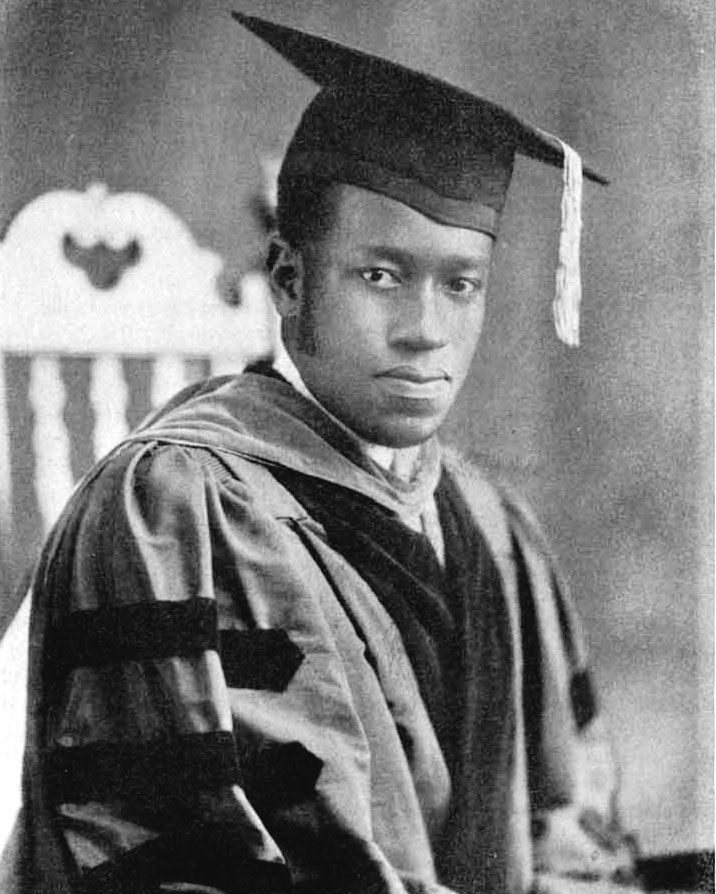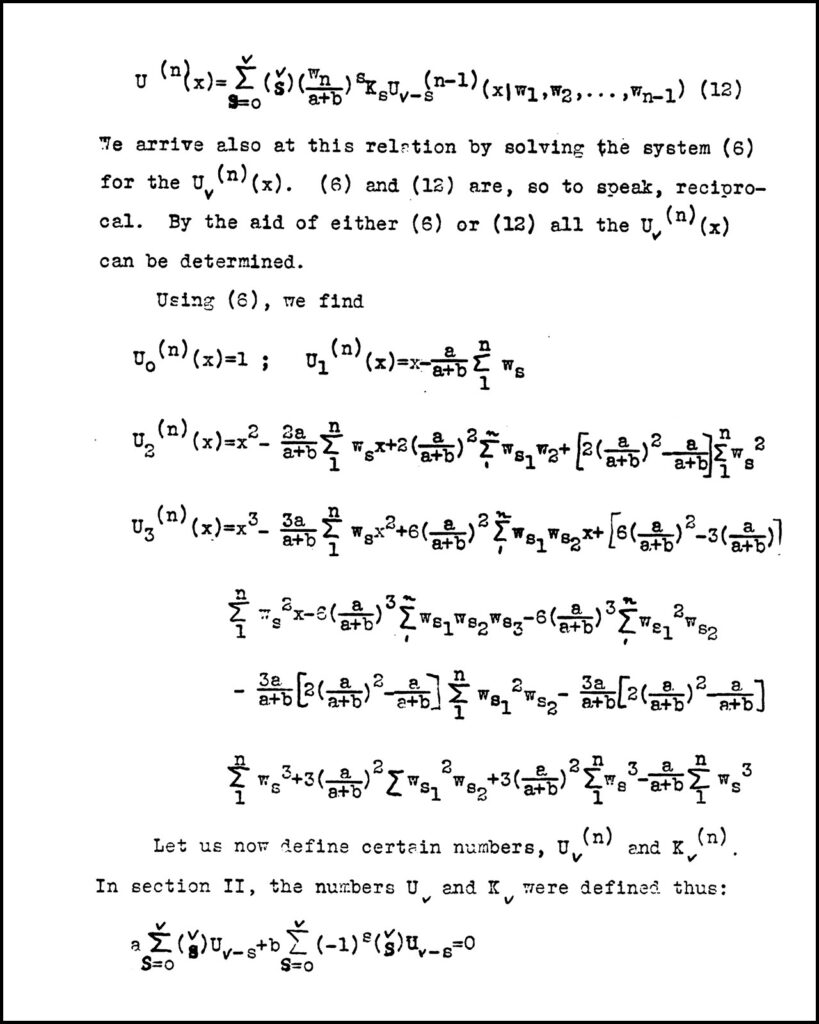After becoming the first Black person to earn a PhD in the field, Elbert Cox, PhD 1925, spent a lifetime inspiring others to follow


Though the workload and rigors of grad student life were challenging, notes a 2000 biography of Cox in American Mathematical Monthly, “these were years that he remembered fondly.”

Elbert Lucien Cox Jr.

